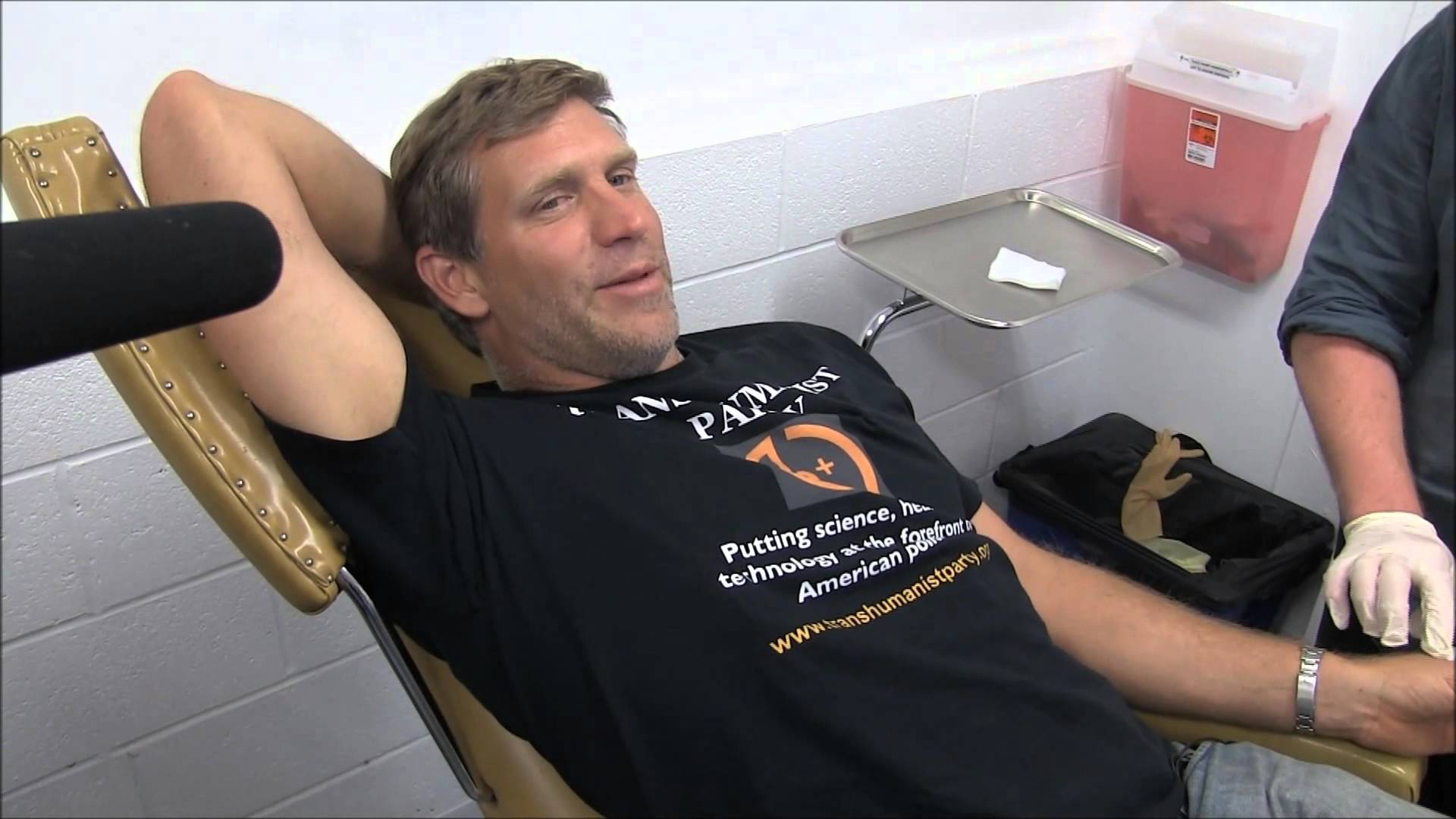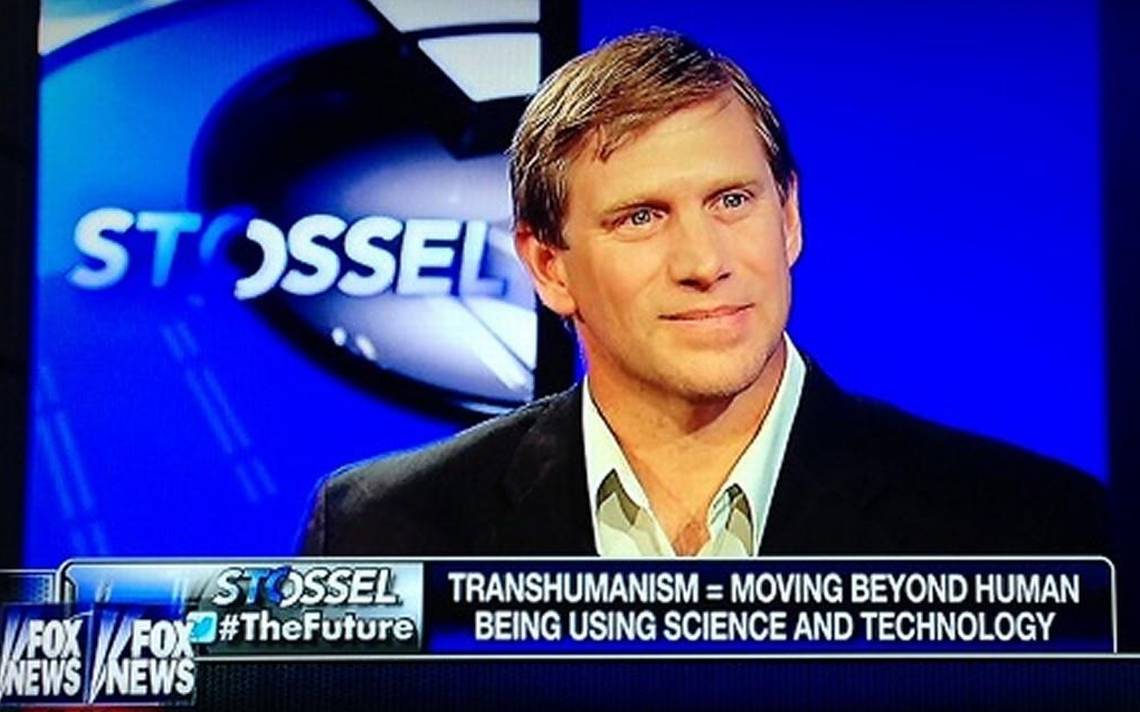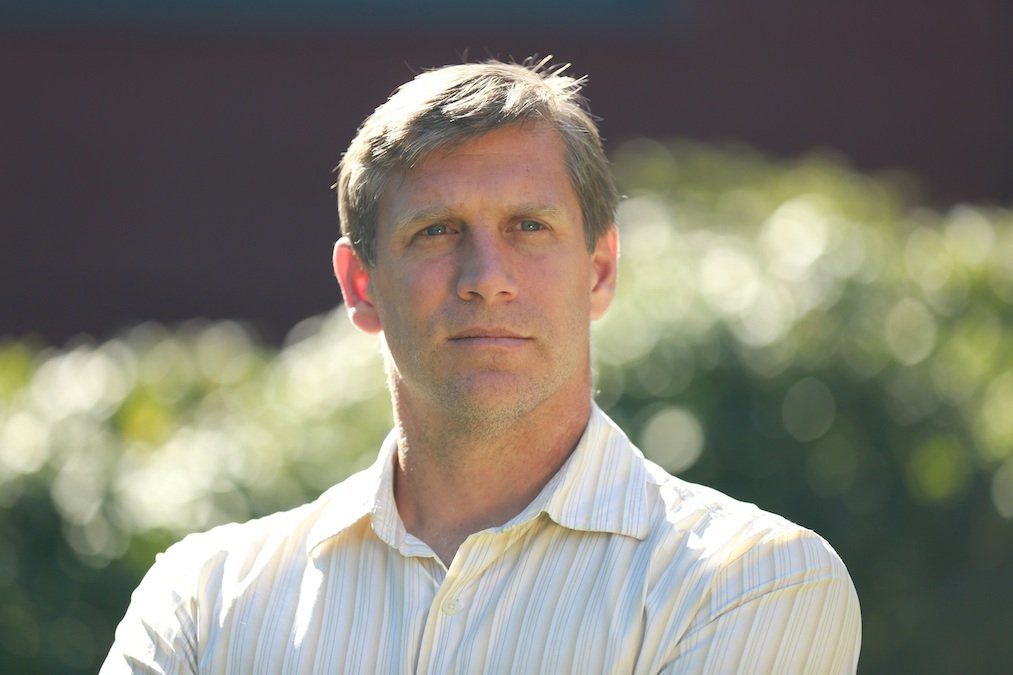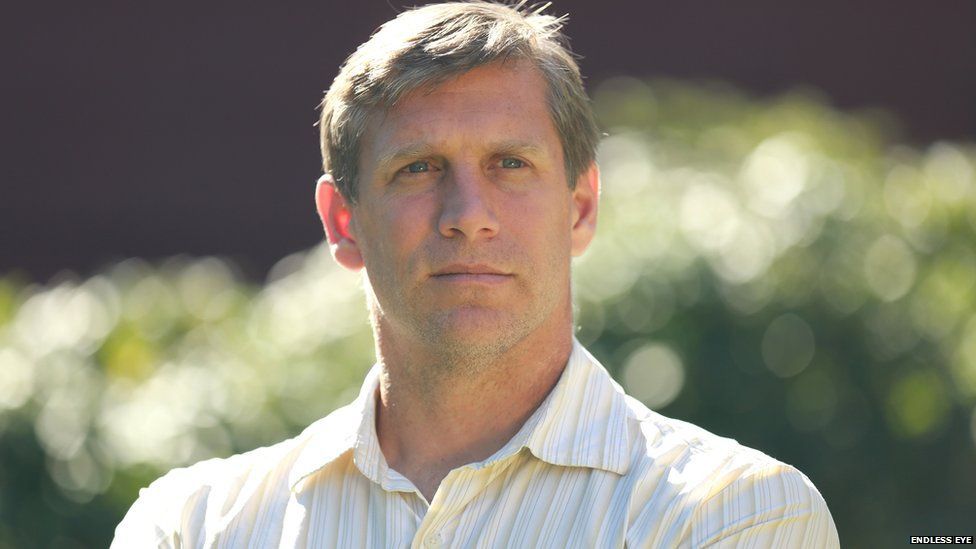The Transhumanist Party is 1-year-old today:
On October 7th, 2015, the Transhumanist Party will reach its first birthday. Started as way to introduce forward thinking and futurist politics into government, the party has caught on around the world and now has over a dozen national parties. The motto of the Transhumanist Party in America is: Putting Science, Health, and Technology at the Forefront of US Politics.
The Transhumanist Party in the US is by far the largest and most visible of all the international parties and has wracked up an impressive amount of media coverage. In just the last few months, the party has been featured all over the world, including in the BBC, USA Today, Popular Science, CNET, Le Monde, Reason, Fox News Channel, Financial Times, Vice, Yahoo! News, MSN, The Huffington Post, Esquire, ARTE, Business Insider, Vox, The Telegraph, National Review, BuzzFeed, Gizmodo, and dozens of others places.
While not everyone in the transhumanism or futurist communities is supportive of the Transhumanist Party or involving transhumanism into politics, the younger generation is broadly interested in changing the two-party American political gridlock. Specifically, millennials in America want something that welcomes smaller 3rd parties into government.




